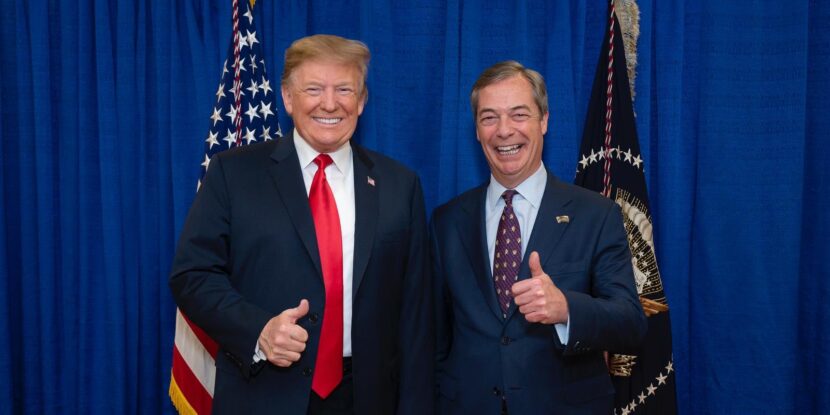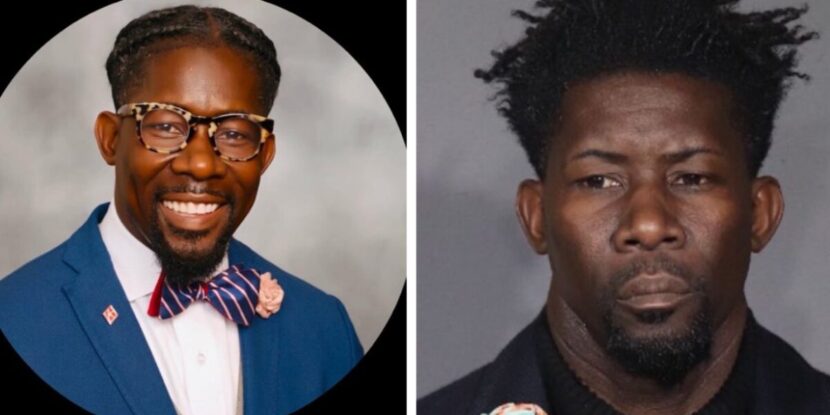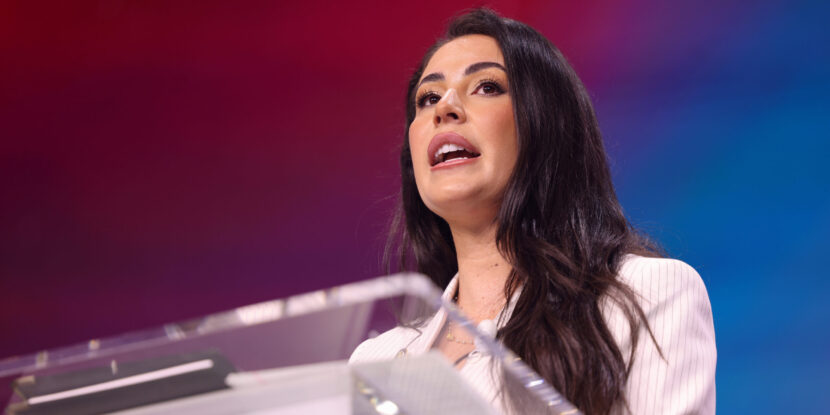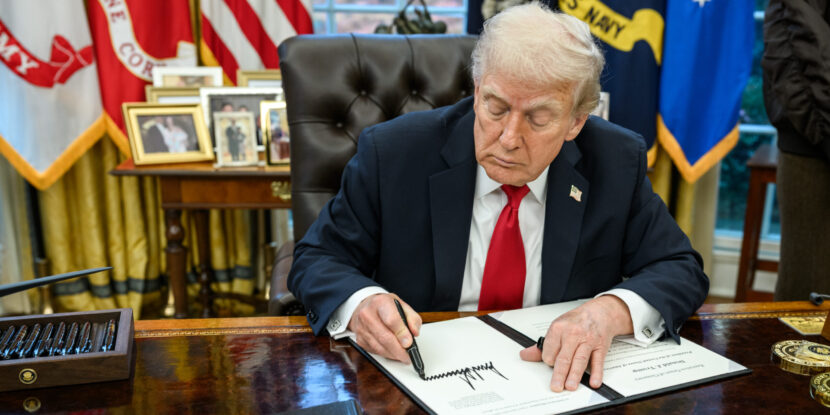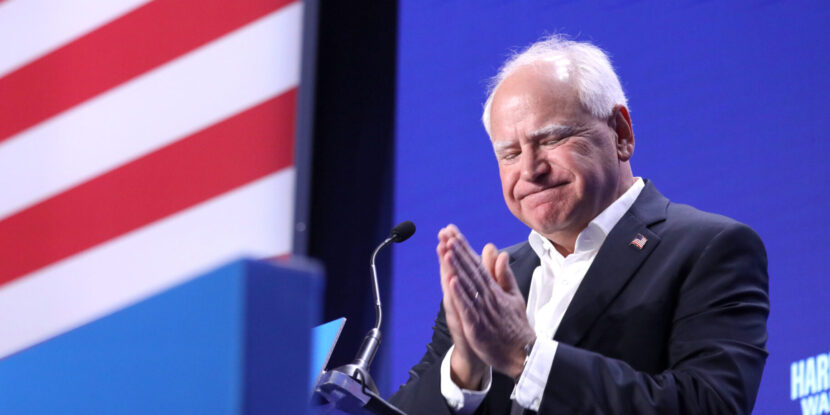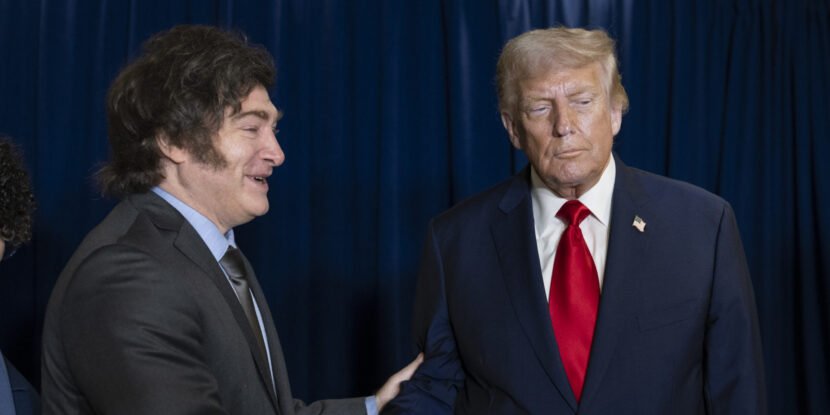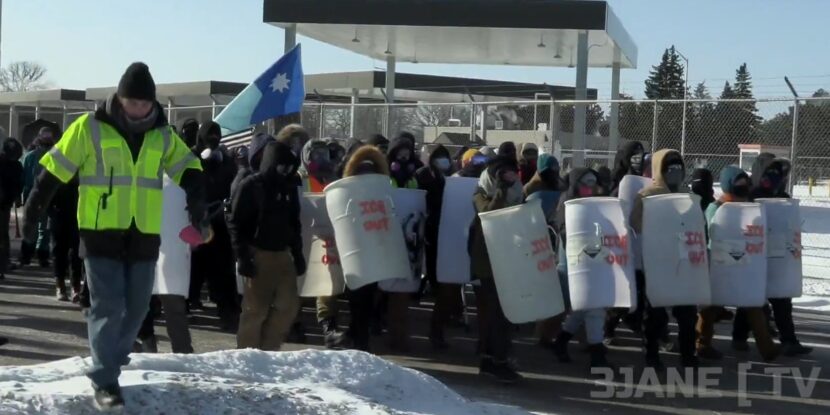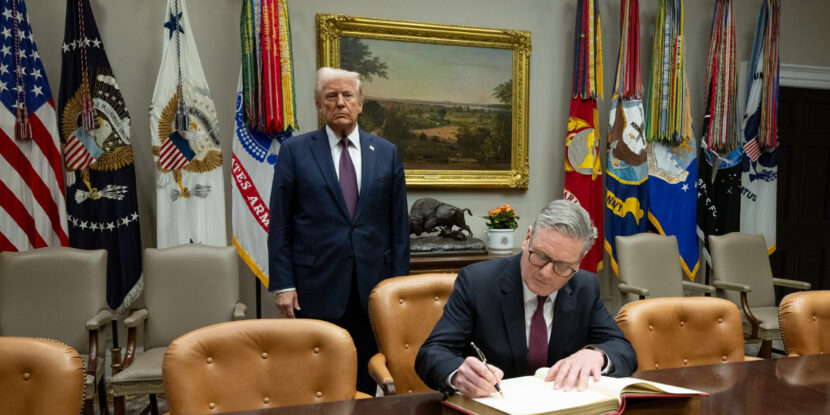Leaders from Kamala Harris’s failed presidential campaign blamed almost everything imaginable, barring the candidate herself and her unpopular policies, in a new episode of Pod Save America featuring campaign manager Jen O’Malley Dillon and advisor David Plouffe.
Throughout the 90-minute discussion (below) reviewed by The National Pulse, Kamala’s campaign chiefs laid the blame for their loss at the feet of the short nature of the campaign (having had Kamala take over from Joe Biden later in the campaign), as well as their inability to leverage multiple political action committees (PACs) to work in their favor. At one point in the discussion, the group even suggests President Trump’s campaign may have acted illegally in “co-ordinating” PACs, though the group offered no evidence for the claim.
The conversation lurched between the candidate’s likeability, which they appear to still be in denial about, down to the logic of blowing vast sums of cash on celebrity endorsements and even renting the screens at Las Vegas’s new Sphere venue.
“There was a price to be paid for the short campaign,” said Plouffe, with others claiming voters were to blame for having “Trump-nesia” – a form of failed recollection about the turmoil of the Trump pandemic year.
Explaining their failed strategy, the core group of advisors repeatedly claimed that their focus group testing told them they were doing the right thing at every juncture, though none of them offered any real introspection nor culpability for why their candidate and campaign came up so short.
Media strategy remained a point of discussion, with the team noting that Harris aimed to participate in Rogan’s podcast but could not schedule it. Senior adviser Stephanie Cutter explained that logistics prevented the appearance, although they engaged in talks with Rogan’s team.
Harris’ effort to appeal to moderate Republicans was defended by her team, highlighting the necessity of balancing support from core Democratic voters and moderate constituents. Plouffe acknowledged the complexities of rallying non-college-educated voters, especially people of color, given the “ferocious headwinds” faced during the campaign.



